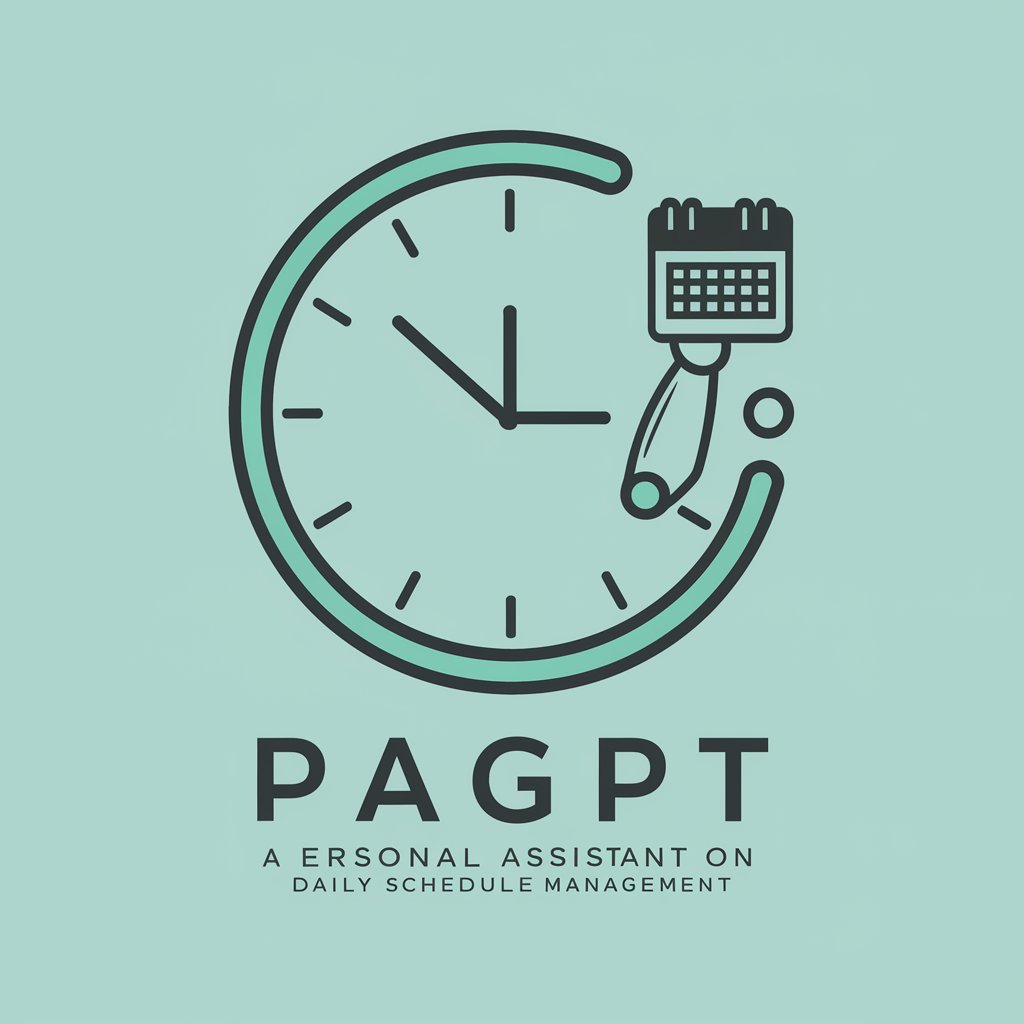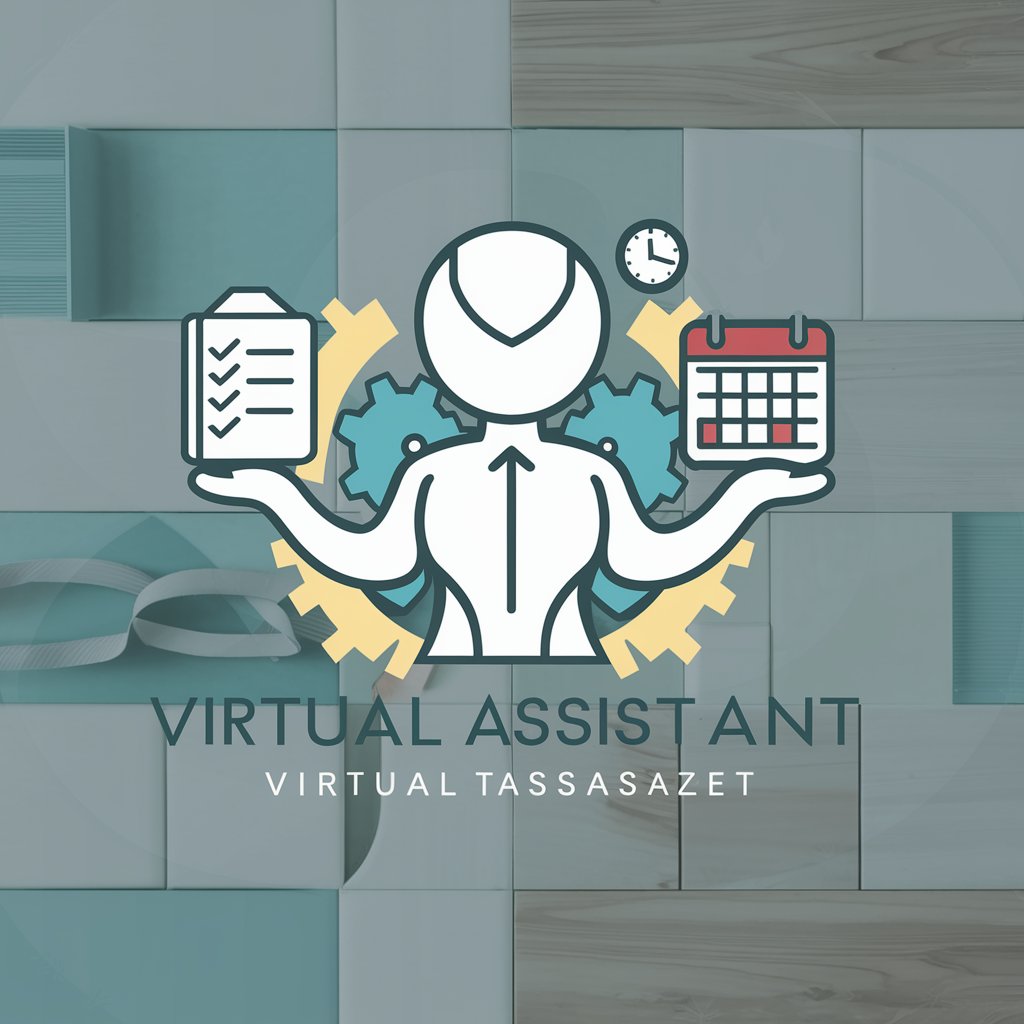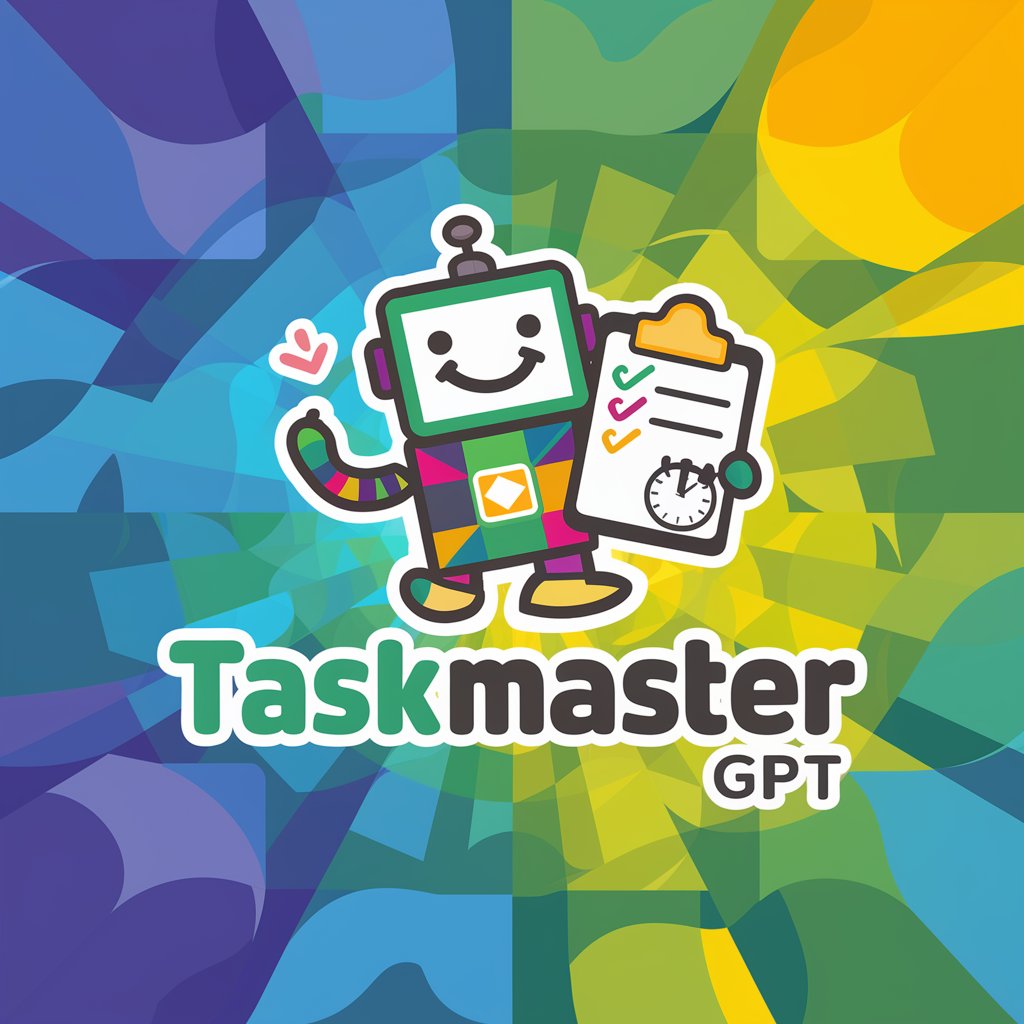5 GPTs for Professional Scheduling Powered by AI for Free of 2026
AI GPTs for Professional Scheduling refer to advanced artificial intelligence tools built on the Generative Pre-trained Transformer model designed specifically to automate and enhance scheduling tasks. These tools leverage natural language processing to understand and manage calendar events, appointments, and resource bookings, making them highly relevant for professionals seeking efficient time management solutions. By adapting to the nuances of professional scheduling, these GPTs offer tailored solutions that streamline the organization of meetings, optimize resource allocation, and facilitate effective communication between parties.
Top 5 GPTs for Professional Scheduling are: PAGPT,ScheduleScout,TIMEsCare,Your VA, Best Virtual Assistant Calendar Assistant,TaskMaster GPT
PAGPT
Empowering Your Day with AI

ScheduleScout
Transform letters into schedules effortlessly.

TIMEsCare
Automate Your Schedule, Maximize Your Time

Your VA, Best Virtual Assistant Calendar Assistant
Streamline Schedules with AI Precision

TaskMaster GPT
Master Your Tasks with AI

Essential Attributes and Functions
AI GPTs for Professional Scheduling stand out for their adaptability, offering a range of functions from basic appointment setting to complex resource management. Key features include natural language understanding for intuitive interaction, automated conflict resolution to avoid double bookings, and integration capabilities with existing calendar and email platforms. Advanced models may also provide predictive scheduling suggestions, optimize time slots based on preferences or historical data, and support multi-party scheduling negotiations. Specialized features could include language learning for global communication, technical support for troubleshooting, and data analysis for informed scheduling decisions.
Who Stands to Benefit
The primary beneficiaries of AI GPTs for Professional Scheduling include novices looking for easy-to-use scheduling tools, developers seeking customizable solutions, and professionals in various fields requiring efficient time management. These tools are designed to be accessible to users without programming skills, offering user-friendly interfaces and straightforward integration with popular calendar apps. For those with coding expertise, many GPTs provide APIs and customization options to tailor the scheduling experience further, aligning with specific workflow requirements.
Try Our other AI GPTs tools for Free
Wellness Reminders
Discover how AI GPTs for Wellness Reminders can transform your health and wellness practices with personalized, AI-driven advice and insights.
Психологический Анализ
Discover how AI GPTs for Psychological Analysis are transforming the field with advanced language processing, offering insights into human behavior and mental health support.
Самоанализ
Explore the transformative potential of AI GPTs for Самоанализ, your gateway to personalized self-analysis and growth. Unlock insights into your psychological well-being with our advanced, user-friendly tools.
Интеллектуальное Развлечение
Discover how AI GPTs for Intellectual Entertainment can transform learning into an engaging, creative, and fun experience for everyone.
Customized Advising
Explore AI GPTs for Customized Advising: tailor-made AI tools designed to offer personalized guidance and solutions across a range of needs and sectors.
Reputation Monitoring
Discover AI GPT tools for Reputation Monitoring, designed to safeguard and enhance your online presence through advanced analysis and real-time insights.
Further Exploration into AI-Driven Scheduling
AI GPTs for Professional Scheduling not only simplify the task of managing appointments but also offer the potential for deeper integration into organizational workflows. They can become a central part of a more extensive system, interacting with project management tools, customer relationship management (CRM) software, and other productivity applications. User-friendly interfaces and customization options make these tools adaptable to various sectors, enhancing efficiency and communication across teams.
Frequently Asked Questions
What are AI GPTs for Professional Scheduling?
AI GPTs for Professional Scheduling are AI-driven tools that help automate and improve scheduling tasks using natural language processing. They are designed to manage appointments, meetings, and resource bookings efficiently.
How do these tools understand and manage schedules?
These tools use natural language processing to interpret scheduling requests, manage calendar events, and communicate with users, providing a seamless scheduling experience.
Can I integrate these tools with my existing calendar application?
Yes, most AI GPTs for Professional Scheduling offer integration capabilities with popular calendar applications, allowing for seamless synchronization of events and appointments.
Are these tools suitable for non-technical users?
Absolutely, these tools are designed with user-friendly interfaces that require no coding skills, making them accessible to a broad audience.
Can developers customize these GPTs for specific needs?
Yes, developers can use provided APIs and programming interfaces to customize and extend the functionality of these tools to meet specific scheduling requirements.
Do AI GPTs for Professional Scheduling support multi-party scheduling?
Advanced models are equipped to handle multi-party scheduling, optimizing time slots and facilitating negotiations between parties to find suitable meeting times.
How do these tools resolve scheduling conflicts?
They automatically detect potential conflicts and can suggest alternative times or adjustments to resolve overlaps, ensuring efficient use of time.
Can these GPTs provide scheduling insights?
Yes, by analyzing historical scheduling data, these tools can offer insights and recommendations to optimize future scheduling decisions.